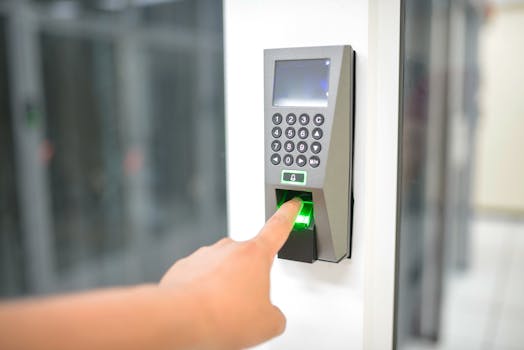In our interconnected society today where most of our information and financial transactions occur online digital security tools have gained significant importance over time. One current hot topic, in the sphere of security tools revolves around the emergence of biometric authentication methods designed to safeguard data and accounts from unauthorized access. Biometric authentication refers to the utilization of attributes, like fingerprints or facial recognition to confirm a users identity. The adoption of this technology has surged owing to its convenience and heightened security measures as opposed to the password based authentication methods.
Biometric authentication offers security benefits due, to its nature that makes it hard to replicate compared to easily forgotten or stolen passwords.Users find it more convenient as they no longer have to deal with passwords or the inconvenience of entering them for account access.
Biometric authentication tools not enhance security but also provide added convenience, for users by allowing them to access their accounts swiftly and effortlessly through fingerprint or face scans of having to recall and type passwords every time.They save users time. Lessen the burden of remembering passwords, for multiple accounts.This makes biometric authentication tools a user effective means of securing assets holistically.
Even though biometric authentication tools offer advantages there remain worries, about their dependability and privacy implications. Biometric information like fingerprints or facial characteristics is at risk of theft or hacking if it isn’t adequately protected. This prompts concerns, about the security of databases and the risk of identity theft. Furthermore ethical questions arise regarding the collection and storage of data touching upon matters of consent and privacy. With the increasing use of authentication systems comes the need for companies and developers to prioritize addressing these issues and safeguarding users’ data effectively.
In summary the emergence of biometric authentication technologies introduces an creative approach to bolster security in our ever more connected society. Featuring security measures and user friendly convenience biometric authentication techniques present an answer, to the drawbacks of conventional password based authentication. Nevertheless it is imperative for businesses and software developers to confront issues related to the dependability and privacy concerns associated with data. By incorporating security protocols and prioritizing user approval and privacy safeguards in place personal biometric verification techniques have the potential to transform how we protect our information and accounts.

Leave a Reply